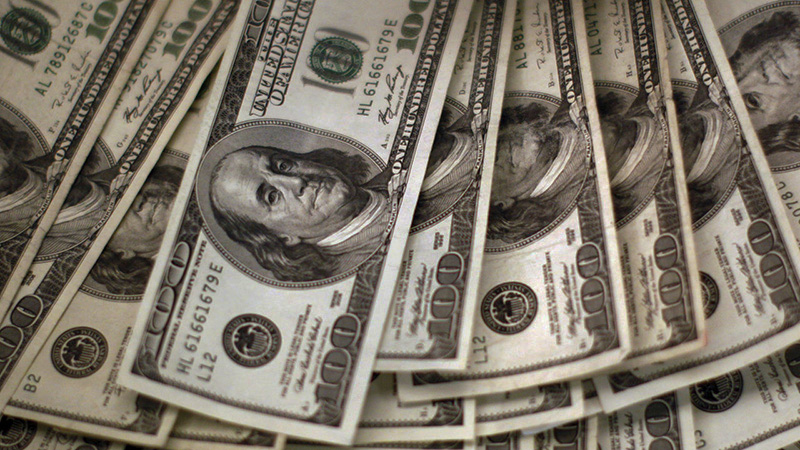Rev. Rul. 2019-19 (Aug. 14, 2019)
Available at https://www.irs.gov/pub/irs-drop/rr-19-19.pdf
The IRS has issued a revenue ruling that answers three basic questions about what happens when a tax-qualified plan (such as a 401(k) plan) mails a check for a fully taxable distribution, but the check is not cashed. The ruling describes a situation in which a plan must make a taxable distribution of $900 to an individual in 2019. The employer, acting as plan administrator, withholds tax from the distribution and mails a check for the remainder. The individual entitled to the distribution (the “distributee”) receives the check and could cash it in 2019, but declines to do so and makes no rollover contribution with respect to any portion of the distribution. The ruling then addresses the three questions.
- Is the Uncashed Check Gross Income? The ruling concludes that the amount of the check was “actually distributed” from the plan for purposes of Code § 402(a), so it is taxable to the distributee in the year of distribution under the rules of Code § 72. Because the distributee has no “investment in the contract” (i.e., no portion is nontaxable) and no exception applies (there was no rollover), the distribution amount must be treated as income for 2019. What actually happens to the check, the ruling notes, is irrelevant.
- Does Failure to Cash the Check Alter the Withholding Obligation? Addressing the plan administrator’s withholding obligation under Code § 3405, the ruling concludes that the individual’s failure to cash the distribution check has no effect on the plan administrator’s withholding obligation or the plan administrator’s liability for payment of that tax.
- Does Failure to Cash the Check Alter the Reporting Obligation? The ruling observes that the distribution (including the amount of the check and the amount withheld) must be reported on Form 1099-R because it exceeds the reporting threshold. The individual’s failure to cash the distribution check has no effect on that obligation.
EBIA Comment: These conclusions are not surprising. Allowing individuals to delay income by simply ignoring a distribution check would give them unfettered discretion to delay their taxable income, a consequence that the IRS has clearly denied elsewhere (e.g., in its application of the doctrine of constructive receipt). And allowing individuals’ handling of distribution checks—beyond the control and typically beyond the knowledge of the plan administrator—to alter the tax withholding and reporting obligations of the plan administrator would invite chaos. If there is anything curious about the ruling, it is why the IRS thought the ruling was needed now. One interesting clue is that the ruling ends by noting that the IRS continues to analyze other situations involving uncashed checks, including situations involving missing participants. Perhaps this ruling will serve as the baseline for future guidance. For more information, see EBIA’s 401(k) Plans manual at Section XIV (“Distributions: Rollovers and Taxation”).
Contributing Editors: EBIA Staff.







